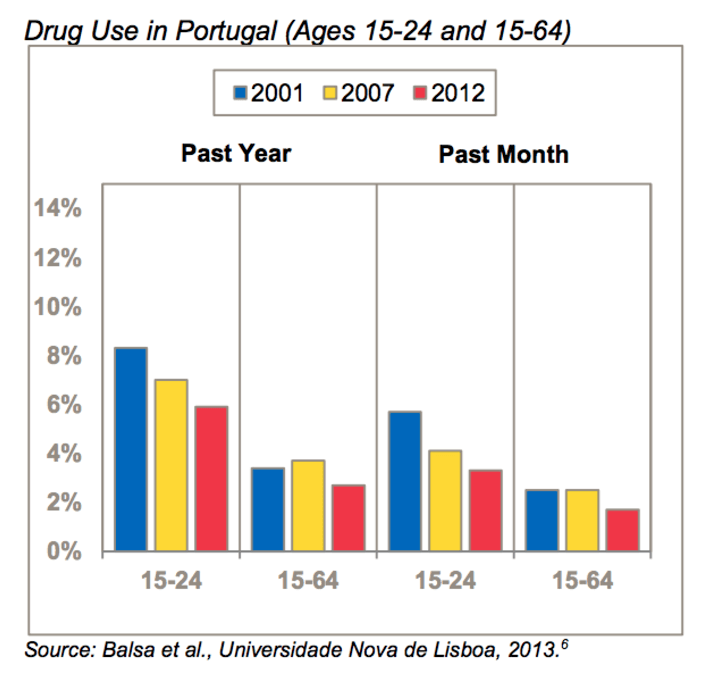bilby
Fair dinkum thinkum
- Joined
- Mar 6, 2007
- Messages
- 40,430
- Gender
- He/Him
- Basic Beliefs
- Strong Atheist
But you do get to charge someone of something when you have good evidence of their guilt.The law is an ass, and often written in such a way as to generate unintended loopholes.Yeah, I remember my organic chemistry prof telling us that anybody who could get a C in the class could manufacture the so called designer drugs which would vary from the ones outlawed by only one small group…
I recall that my dad (who is a physical chemist and an explosives expert) was called as an expert witness in the trial of some youths who had been caught during a riot with a crate of petrol bombs (aka Molotov cocktails).
The defence was arguing that despite the name including the word 'bomb', these devices were not in fact explosives, and therefore the defendants couldn't be charged under the Explosives Act.
My father confirmed their assertion; And pointed out that the defendants were, however, guilty of several breaches of the Petroleum Act (a law that was intended to ensure that fuel suppliers conducted their business in a safe manner).
It's rarely a good idea to try to be a smartarse in a court of law. Something that many lawyers don't seem to understand.
I believe that defense would have worked in the US, you don't get to convict someone of something they weren't charged with.
It's not unheard of for an acquitted defendant to be arrested on new charges as they leave court, if the trial brought new crimes to light.

